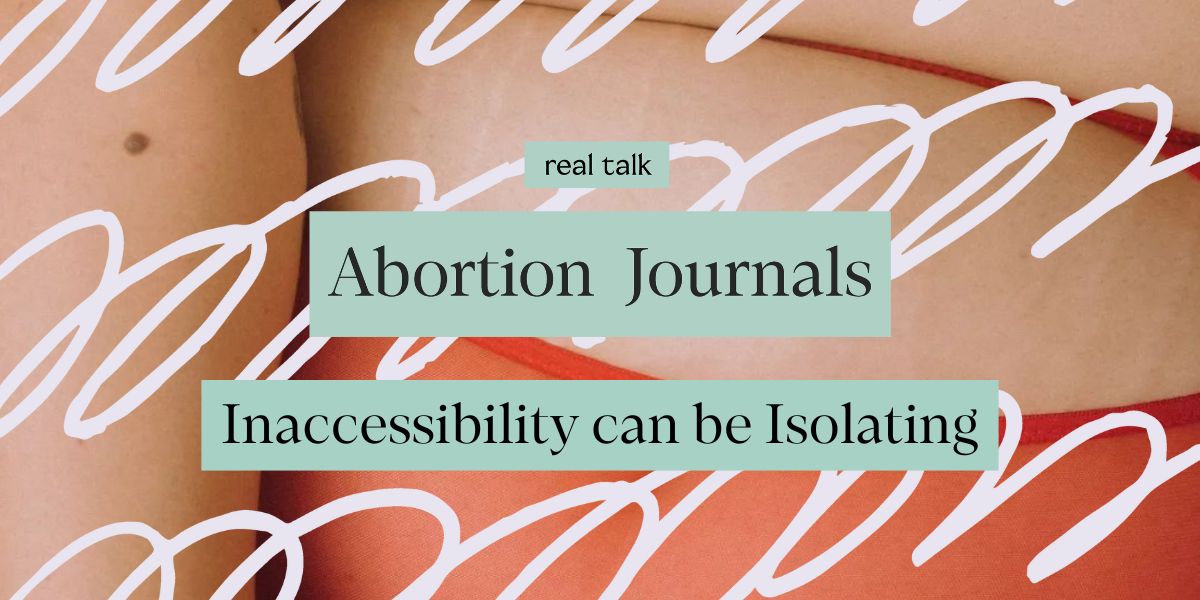Can you have a period while pregnant?

Some may find that they bleed at times during their pregnancy. If you bleed while you’re pregnant, you may be wondering whether you have your period or if it's something else entirely. We’ll go over the possible reasons behind bleeding during pregnancy and what you can do to manage it.
Is bleeding during pregnancy your period?
Simply put, bleeding during pregnancy isn’t considered menstruation. Menstruation involves shedding your uterine lining completely. You might bleed during pregnancy, particularly in the first trimester, and it can be confused with having a period because there are similar symptoms. Menstruation only occurs if an egg remains unfertilized, and the uterine lining sheds as a result. This process occurs when hormone levels drop, signifying the lack of pregnancy.
When a fertilized egg implants into the uterine lining, hormones rise, and your body will nourish the uterine lining to help protect and nurture the developing embryo.
Bleeding during pregnancy can be harmless or can be the early signs of a problem or complication. If you notice any bleeding, check in with your primary care provider to prevent health issues for you or your baby.
Bleeding during early pregnancy
Bleeding during the first trimester may be due to a variety of reasons:
- Decidual bleeding: This is when part of the uterine lining sheds in the first few months of pregnancy when you would usually have your period. Any bleeding isn’t your period, but symptoms might be similar enough to mimic your cycle. In such cases, you might not realize you’re pregnant until later in the pregnancy.
- The implantation process: This often involves light spotting that can be confused with lighter menstrual bleeding.
- Cervical changes: Light bleeding may occur when the cervix experiences any irritation. Possible triggers include having sex and getting a pap test.
- Stopping birth control: If you become pregnant after you stop taking birth control, there may be spotting or light bleeding due to hormonal changes in your body.
- Ectopic pregnancy: With an ectopic pregnancy, the fertilized egg implants in the wrong location, such as the fallopian tube or neck of the uterus. This causes heavy vaginal bleeding and abdominal or pelvic pain. Symptoms of an ectopic pregnancy include severe abdominal cramps and lightheadedness. If you experience symptoms similar to this, you should seek medical help immediately to prevent further complications.
- Molar pregnancy: When egg and sperm join incorrectly during fertilization, it’s known as a molar pregnancy. Instead of forming a healthy placenta, a noncancerous tumor forms. The pregnancy will end because this tumor can’t support embryo development. Symptoms may include nausea, vomiting, and rapid enlargement of the uterus.
- Miscarriage: Miscarriages are often characterized by heavy bleeding and cramps.
- Infection: Vaginal infections, cervical infections, or sexually transmitted infections may lead to bleeding.
Bleeding during late pregnancy
If you’re bleeding in later trimesters, it could be a sign of complications including:
Shop the article
- Placenta previa: This occurs when the placenta fully or partially covers the opening of the birth canal. Placenta previa can occur late in the third trimester.
- Placental abruption: This happens when the placenta detaches from the uterine wall before or during birth, possibly preventing the fetus from getting enough oxygen or causing you to lose too much blood. Other symptoms of placental abruption include tenderness of the uterus, abdominal cramps, back pain, and clots from the vagina.
- Uterine rupture: A scar from a C-section can tear open during pregnancy. You’ll need an emergency C-section because this occurrence can be life-threatening. Symptoms may include abdominal pain or tenderness.
- Placenta accreta: The placenta (or only part of the placenta in some cases) becomes inseparable from the uterine wall.
- Vasa previa: This rare condition is when blood vessels providing blood to the fetus grow across the cervix. The fetus may be deprived of blood if the blood vessels tear. Signs of vasa previa include excessive bleeding and an abnormal fetal heart rate.
Bleeding later in the pregnancy can be a sign of going into labor. If you go into labor before the pregnancy reaches 37 weeks, it’s considered preterm labor. Indications of preterm labor may include abdominal pressure, a constant and dull backache, mild cramps, changes to vaginal discharge, regular contractions, and your water may break.
Be sure to seek medical attention when you bleed during pregnancy, especially if the bleeding is accompanied by other problems such as severe abdominal or back pain, fatigue, faintness, nausea, vomiting, fever, or changes to vaginal discharge. These symptoms can be a sign of a more serious issue.
Try to track how much you’re bleeding, the color, and the texture of the blood. If tissue passes through your vagina, bring it to your doctor for testing. To identify the source of the problem, you might need abdominal and vaginal ultrasounds. Treatment may include avoiding strenuous activity like intense exercise or heavy lifting.
Reach out to your primary care provider if you experience any unusual bleeding to prevent any health complications for you or the baby.
Questions? Check out more pregnancy-related articles on our education hub, Real Talk, or drop us a note at hello@getstix.com.
Keep Reading

What are the side effects of stopping birth control?
Jan 8

Why do I bleed so easily?
Jun 28

Everything to know after having a miscarriage
Feb 16











